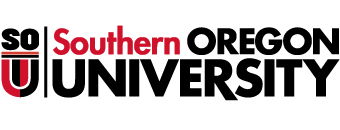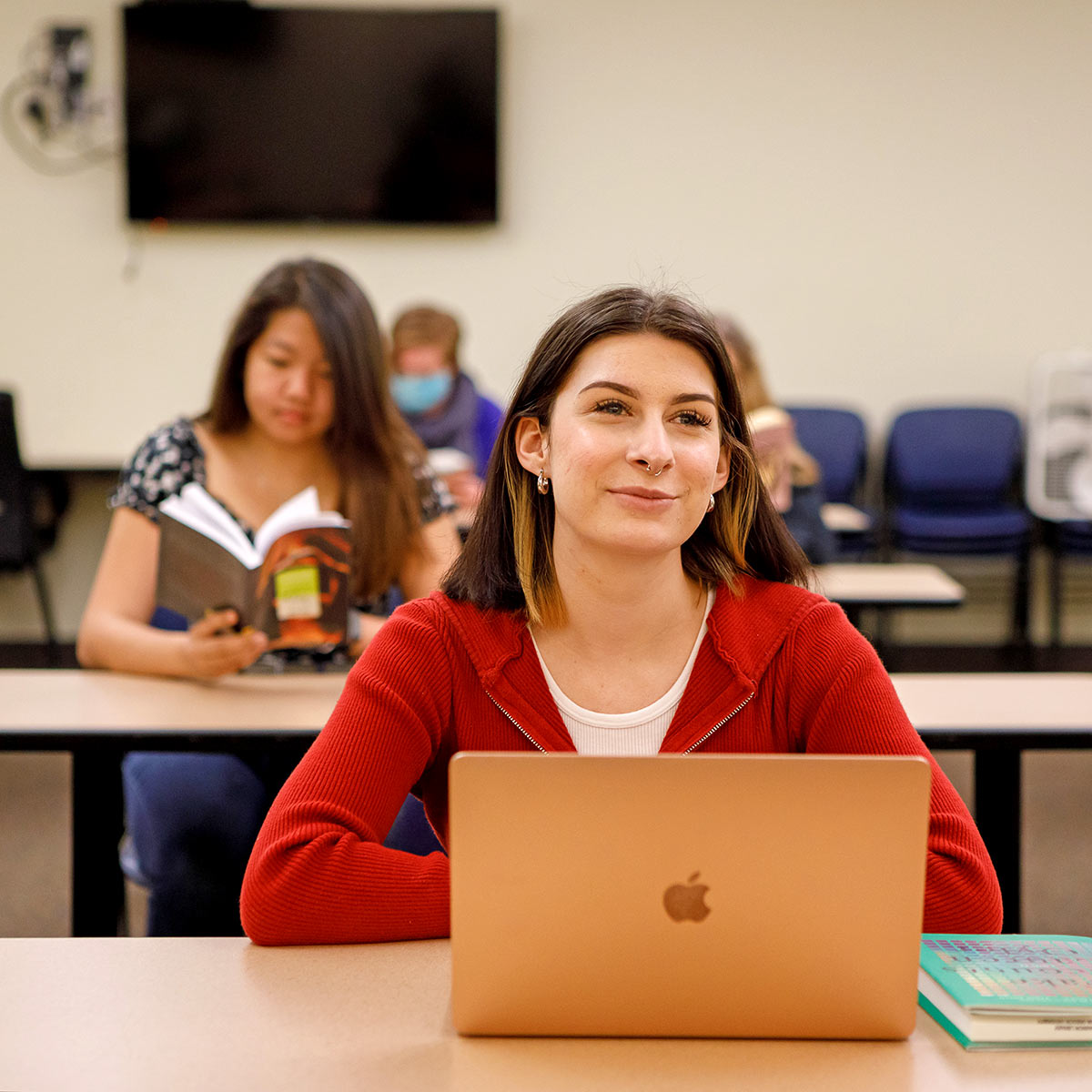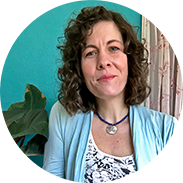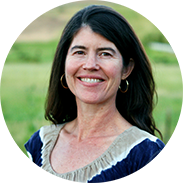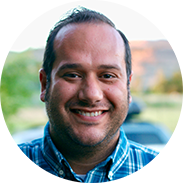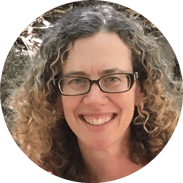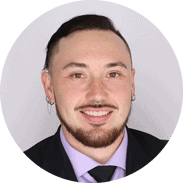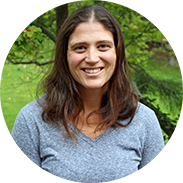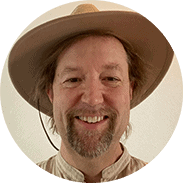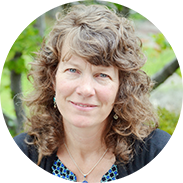Research shows that learners who participate in a first-entry seminar…
- Are more likely to graduate in four years,
- Stay enrolled and engaged because they feel they belong in a community,
- Communicate more frequently and meaningfully with faculty and peers,
- Are more involved in co-curricular activities,
- Feel increased satisfaction with their college experience
- Have more positive perceptions of themselves as learners, and
- Achieve higher grades and experience feelings of accomplishment.
Purposeful Learning Seminar Topics
Purposeful Learning Seminars are offered as a three-term sequence that is writing intensive. For this reason, the Purposeful Learning Seminar sequence (WR 121z, WR 122z, and WR 123) has the disciplinary Writing prefix and matches the amounts and kinds of writing required by the Oregon State Higher Education Coordinating Commission’s (HECC) learning outcomes for the same course prefixes and course numbers.
However, Seminars offer interesting choices and are much more than *just* a course where writing happens! While all seminars focus on strengthening fundamental communication, writing, reading, thinking, and research skills, instructors customize seminar topics and design interdisciplinary courses based on their own passions, interests, and expertise. The General Education Purposeful Learning Capacity is a pervasive course component that helps students explore educational and career possibilities, define their life goals, and match learning choices to those objectives. To support this creative and innovative approach, Seminar faculty also serve as accessible academic advisors, offering caring mentoring and consistent communication for navigating life at SOU.
Check Out a Sampling of Available Topics!
Unsolved Mysteries: Monsters in Popular Culture
Instructor: Danielle Hammer
Face your fears and explore the unknown! We delve into the terrifying monsters and wondrous mysteries that permeate popular music, film, and literature, seeking to unravel the core of our most cherished creature tales. Horrifying creatures and fantastical legends have the power to thrill us, but they also hold deeper significance. By critically examining these cultural phenomena, we uncover important clues that shed light on underlying issues embedded deep within our societies. Through our exploration, we will confront these haunts of the human psyche. By examining their origins, symbolism, and societal impact, we gain a greater understanding of the complex relationship between folklore, storytelling, and human experience. Sharpen your analytical skills, broaden your cultural awareness, and uncover the hidden meanings as we explore our unsolved mysteries.
The Good Life
Instructor: Laura Jessup
What makes a good life? Certainly, this important question has many answers! Research shows that compassion is key to life satisfaction, purpose, and meaning—or, what makes a good life. Compassion is rooted in empathy and recognizes and connects with the emotions and experiences of others, demonstrating kindness, understanding, and a willingness to act in ways that promote others’ welfare and our own well-being. Compassion holds emotional and behavioral aspects, both feeling compassion and actively demonstrating compassion through acts of kindness, support, and understanding. It is a fundamental aspect of human connection and a powerful force for creating positive change and promoting a more caring and empathetic society. By examining the ripple effects of compassion on personal, social, and global levels, we may be inspired to new practices in our own lives. Prepare to be challenged and inspired by contemplating the good life.
The Soap Box
Instructor: Matt Moreali
Explore customs and laws that govern free speech. Analyze groundbreaking court cases,
infamous poetry, media, and art. Compose case briefs, argue something is a witch hunt, and
seek to resolve complex issues. Engage classmates through poetry, mock mediation, satire, and
other activities. Identify how culture, politics, and law impact your expression in various
situations.
Composing Self
Instructor: Anne-Marie Pedersen
How do I want the world to see me? What does it mean to be authentic? From BeReal to online
profiles, Snapchat to LinkedIn, we represent ourselves to the world through words, images, and
sound. In class, we’ll explore the connections among our writing, ourselves, our
audiences—and why these connections matter. We’ll engage critically with a range of materials,
from personal essays to podcasts to academic studies. In response to these texts and class
discussion, you will compose on topics relevant to you, your goals, and the communities with
which you identify, gaining both practical skills in writing effectively for multiple contexts as well
as a deeper understanding of who you are as a writer and as a person.
Explorations in Foundational Well-Being
Instructor: Val Soto
Explore aspects of foundational well-being, focusing on the ethical and philosophical
components of body, mind, and spiritual well-being. Examine the relationship between healthy
lifestyle habits and their effect on the brain. Evaluate the health implications of experiencing too
much or too little of major biological processes like stress and sleep. Utilize recent
breakthroughs and historical neuroscientific and psychological experiments to analyze the
impact of healthful activities on life satisfaction, life trajectory, and subjective well-being.
Health Matters
Instructor: Dr. Craig Stillwell
Explore current issues of health and illness. What does “being healthy” mean? What are
barriers to health and promoters of illness? How do environment, heredity, emotions, behaviors,
and beliefs affect our wellbeing? Examine health myths, fads, and follies. Analyze health and
medical controversies and examine how competing views of health and illness are shaped by
evidence and values, as well as by scientific, political, and social agendas. Evaluate the ways
personal health connects with community health. Learn about evidence-based health practices
and how to apply them to your own life.
Cool Earth
Instructor: Leslie Eldridge
Tackle the paramount challenges of our time: constructing a just and equitable world while safeguarding our precious planet. Explore solutions to the climate crisis and social justice issues through the works of influential activists, poets, and journalists using an interdisciplinary lens. We examine how we effectively convey complex ideas and emotions by utilizing the power of language and rhetoric–from nature writing to science writing, to persuasive rhetoric and political debate, to scholarly discourse and pop culture– and gain insights into how to inspire and mobilize diverse audiences to take action to solve shared challenges. Explore strategies, analyze successful campaigns, and craft your own compelling messages aimed at driving sustainable action and inclusive transformation. Cultivate the art of blending scientific evidence, emotional resonance, and ethical reasoning to become an influential advocate for planetary and social change. Equipped with knowledge, eloquence, and passion, you will be ready to address the urgent needs of our time and shape a future that prioritizes the well-being of humanity and our precious Earth.
Popular Culture and You
Instructor: Warren Hedges
Topics include fandom, anime, video games, professional sports, and speculative genres such as fantasy, science fiction, and horror. Students choose most examples we will discuss. In addition to coaching students on writing, Warren provides background readings on general topics like consumer culture, video games, and fandom.
Community Engagement
Instructor: Moneeka Settles
What puzzles are communities struggling to solve? What does it mean to participate in a
community and help find solutions? This course combines college academic skills with
community engagement to provide students with a dynamic and practical learning experience.
Students will have the opportunity to observe and participate in local initiatives, such as
attending city council meetings or engaging with environmental or student advocacy
organizations. Through these experiences, students will hone their observation, persuasion and
problem-solving skills, learning to craft compelling arguments and consider effective solutions to
real-world issues. By the end of the course, students will be equipped to use their writing as a
tool for change, both within the academic setting and beyond.
Purposeful Learning Seminar
Mission, Vision & Values
Mission Statement: Purposeful Learning Seminars develop skills and dispositions essential to lifelong learning including self-awareness and life planning; reading, writing, and speaking; inquiry and analysis; and scholarship.
Vision Statement: Seminars offer all students engaging and meaningful educational experiences in a supportive community built on innovative teaching and learning practices.
Values: Adaptability, Innovation, Respect, Curiosity, Creativity, Community.
Seminars are part of SOU’s General Education Curriculum and fulfill the Purposeful Learning Capacity. For most students entering SOU, seminars comprise their initial academic experience. This three-term, 12-credit course sequence—WR 121z (Composition I), WR 122z (Composition II), and WR 123 (Composition III)— focuses on developing the academic skills and dispositions outlined by SOU’s General Education curriculum which includes capacities for becoming analytical thinkers, competent researchers, articulate writers, and influential speakers. Importantly, Seminars are also designed to help students build meaning for themselves and explore personal and professional self-awareness and goal setting, and ownership of one’s educational journey. Seminar topics relate to broader multidisciplinary issues and contemporary challenges and students select a topics-based sequence that piques their interests. Typically, students remain with the same instructor and classmates for all three courses in the sequence to build community and a sense of belonging. Students must complete each course in the sequence with a grade C- or better to progress. The Seminar office location is Computing Services West, second floor.
Purposeful Learning Seminar
Oregon State Writing Outcomes
Course Descriptions
WR 121Z
WR 121Z engages students in the study and practice of critical thinking, reading, and writing. The course focuses on analyzing and composing across varied rhetorical situations and in multiple genres. Students will apply key rhetorical concepts flexibly and collaboratively throughout their writing and inquiry processes.
Learning Outcomes
1. Apply rhetorical concepts through analyzing and composing a variety of texts.
2. Engage texts critically, ethically, and strategically to support writing goals.
3. Develop flexible composing, revising, and editing strategies for a variety of purposes, audiences, writing situations, and genres.
4. Reflect on knowledge and skills developed in this course and their potential applications in other writing contexts.
WR 122Z
WR 122Z builds on concepts and processes emphasized in WR 121Z, engaging with inquiry, research, and argumentation in support of students’ development as writers. The course focuses on composing and revising in research-based genres through the intentional use of rhetorical strategies. Students will find, evaluate, and interpret complex material, including lived experience; use this to frame and pursue their own research questions; and integrate material purposefully into their own compositions.
Learning Outcomes
1. Apply rhetorical concepts to achieve writing goals within a given discourse community.
2. Locate, critically evaluate, synthesize, and integrate multiple perspectives from a variety of sources.
3. Engage in research and writing as recursive and inquiry-based processes, participating in the communal and conversational nature of academic discourses.
4. Develop strategies for generating, drafting, revising, and editing texts based on feedback and reflection.
5. Reflect on knowledge and skills developed in this and other courses and potential transfer to future
contexts.
WR 123
WR 123 continues practicing and refining research, writing, and presentation skills. Students develop arguable claims and support those claims with sources grounded on independent research that is motivated by significant questions at the heart of meaningful issues. WR 123 sharpens research and writing skills with a final culminating research essay that supports a thesis (generated in response to critical reading, analysis, and discussion) with evidence.
Learning Outcomes
1. Successfully organize and manage an extended, research-based, claim-centered essay (3500-4000 words) using a published documentation style (typically APA or MLA).
2. Independently locate, examine, evaluate, and select research source material, incorporating these sources in research writing (including electronic sources).
3. Demonstrate essential research writing skills: summarizing, paraphrasing, and using direct quotations, all with in-text citations and lists of references.
4. Demonstrate critical thinking and problem-solving in a research context through observational skills, drawing reasonable inferences, recognizing and drawing relationships among multiple sources, and analyzing sources in one’s structured and organized writing.
5. Demonstrate research ethics by identifying and avoiding plagiarism.
6. Self-assess writing and research efforts and articulate one’s own problem-solving processes.
